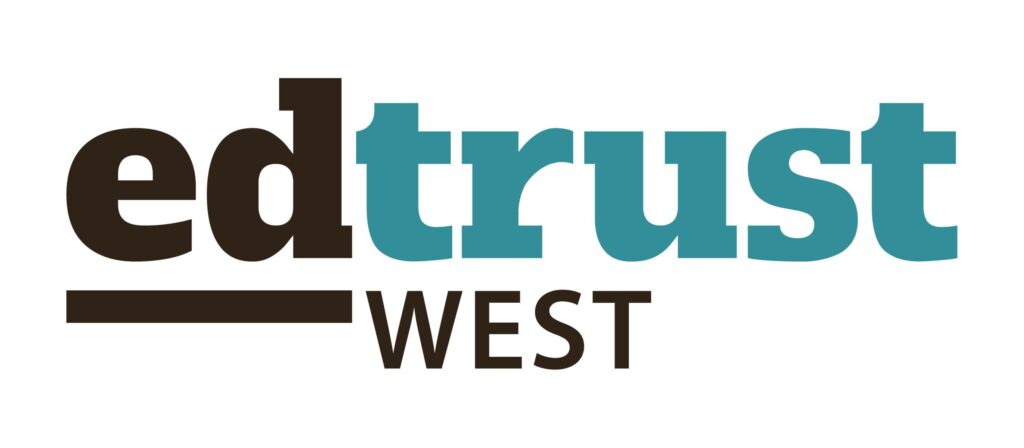OAKLAND, CA (November 1, 2011) – The 2011 National Assessment of Educational Progress (NAEP) reveals that the performance of California’s fourth and eighth-grade students on the NAEP reading and math assessments has slowly improved from 2003. Yet, when you peel back the layers of data, a more comprehensive picture emerges. California still has a long way to go, particularly for students of color and students in poverty. Achievement gaps between students of color and their white peers have remained relatively unchanged over the last two decades. And the gap in 4th grade math performance between Latino and white students has actually grown larger since 2000, from 27 to 30 points.
“California’s diversity is an untapped asset,” stated Arun Ramanathan, executive director of The EdTrust—West, a statewide education advocacy organization. “The cultural and linguistic diversity of California’s students should be viewed as a strength that gives us an advantage in an increasingly global economy. But to fulfill the great potential of our students we must make them a priority, accelerate their performance and close achievement gaps by investing in and reforming our education system.”
In overall performance for the reading and math NAEP, California once again places near the bottom. In fourth grade reading and eighth grade reading and math, California outperforms only Washington, D.C. In fourth grade math, our students overall outperform only Washington, D.C. and Mississippi.
Compared to the nation as a whole, California’s Latino fourth and eighth graders lag behind their peers in both their math and reading performance. The same is true even when California is compared to the nation’s four other largest and most diverse states—Texas, Florida, New York, and Illinois.
“Slow incremental improvement is not enough for our kids or communities,” continued Ramanathan. “The nation’s report card once again reveals the failure of our education system to ensure that California’s students are college and career ready. Instead, California has taken the opposite route through strategies such as shortening the school year. We hope that the NAEP results will serve as a wake-up call to our state leaders to invest in the education reforms that are driving improvement in so many other states. Now is the time to take advantage of the opportunity to commit to these reforms and apply for a state waiver from NCLB that would provide a new vision of educational improvement for all of California’s students.”
# # #
About The EdTrust—West
The EdTrust—West works for the high academic achievement of all students at all levels, pre-k through college. We expose opportunity and achievement gaps that separate students of color and low-income students from other youth, and we identify and advocate for the strategies that will forever close those gaps.

